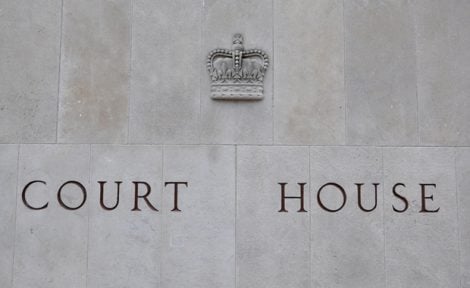WARNING: Court debt ruling could impact estate agency SMEs
Restructure plans for SMEs can now be approved by a court as precedent set in Houst case.

The high court’s decision to sanction a SME restructuring of holiday lettings firm Houst could have significant implications for the property sector, lawyers say.
According to Irwin Mitchell, which advised Houst, the court’s ruling marks the first time a restructuring plan procedure has been used to secure the future of an SME business in distress.
It is also the first time that HMRC, has become the subject of a ‘cross-class cram down’ since the new measure was introduced in June 2020.
Houst and its subsidiaries specialise in providing property management services for short-term and holiday lettings. The business lists properties on various websites, including Airbnb and booking.com, but due to the Covid pandemic it experienced a big reduction in demand.
Restructuring plans are a compromise between a company and its stakeholders, and result in a reduction or reshaping of the liabilities owed to the stakeholders. They allow for dissenting stakeholders to be bound in certain circumstances – known as ‘cross-class cram-down’.
The plans were introduced into Part 26A of the Companies Act 2006 by the Corporate Insolvency and Governance Act 2020.
Across property sector
 Kunal Gadhvi, restructuring and insolvency partner at Irwin Mitchell, (pictured) says: “This important decision confirms that the restructuring plan process is available as a tool for SMEs, as well as large corporates.
Kunal Gadhvi, restructuring and insolvency partner at Irwin Mitchell, (pictured) says: “This important decision confirms that the restructuring plan process is available as a tool for SMEs, as well as large corporates.
“Although Houst is a holiday lettings company, I would expect the procedure to be used across the property sector as well as in other sectors of the economy, particularly where there is significant debt due to HMRC.
“In the case of Houst, it demonstrated that all stakeholders will be better off under the plan than under the relevant alternative, which in this case would likely be a sale of the company’s business and assets through an administration process.”










